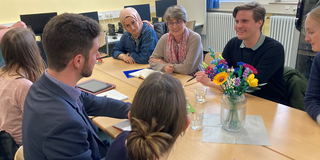Activities and news from the Scientific Area of Expertise (WKF) "Research on Education and Schooling"
Under the umbrella of the Scientific Area of Expertise (WKF) "Research on Education and Schooling", its members carry out a variety of projects with partners from within and outside the WKF. News about the various activities resulting from this work, such as project progress and completion, publications, events and lectures, can be found here.
03/24/2025
IFS publication in the top ten of the most cited articles
The publication by Ruben Kleinkorres, Justine Stang-Rabrig, and Nele McElvany has been awarded by the Journal of Research on Adolescence!
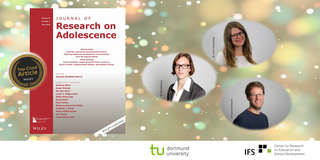
03/18/2025
New research video: Error climate in elementary school and its impact
In her video, Dr. Alyssa Grecu examines how the climate of error in primary school influences relationships with teachers and learning.
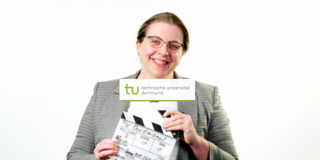
03/13/2025
New research video: Importance of interactions in elementary school
Dr. Jakob Schwerter explains in his video the importance of social resources for elementary school students regarding success and well-being.

03/13/2025
New publication: Lernen und Leistungsbeurteilung
New contribution on learning and performance assessment by Silvia-Iris Beutel, Peter Fauser and Ferdinand Stebner

03/13/2025
New publication Jahrbuch Demokratiepädagogik & Demokratiebildung
The Yearbook „Demokratiepädagogik & Demokratiebildung“ 2025/26, edited by Prof. Dr. Beutel, Prof. Dr. Busch and Dr. Ruberg, has been published.
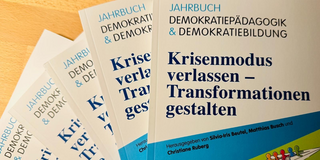
03/11/2025
New article published in British Journal of Educational Psychology
The publication deals with the interactions between social suport and the motivation of students at the university.
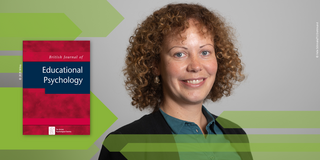
03/03/2025
A meta-analysis workshop in empirical education research at IFS
On 20 and 21 February, Ronny Scherer and Diego Gonzalez Campos led a workshop on meta-analysis for ECR in empirical educational research.
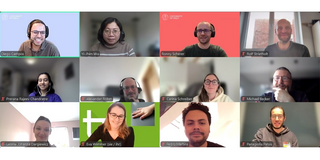
02/28/2025
Article published in Journal of Youth and Adolescence
The publication deals with the relationship between a discriminatory climate and school adjustment among ethnically marginalized youth.
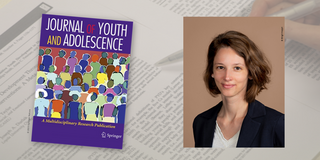
02/27/2025
Evaluation of intensive support: chances for disadvantaged children
The project “Klasse! – Eval” examines the targeted support of disadvantaged children at GGS Sandstraße in Duisburg.
